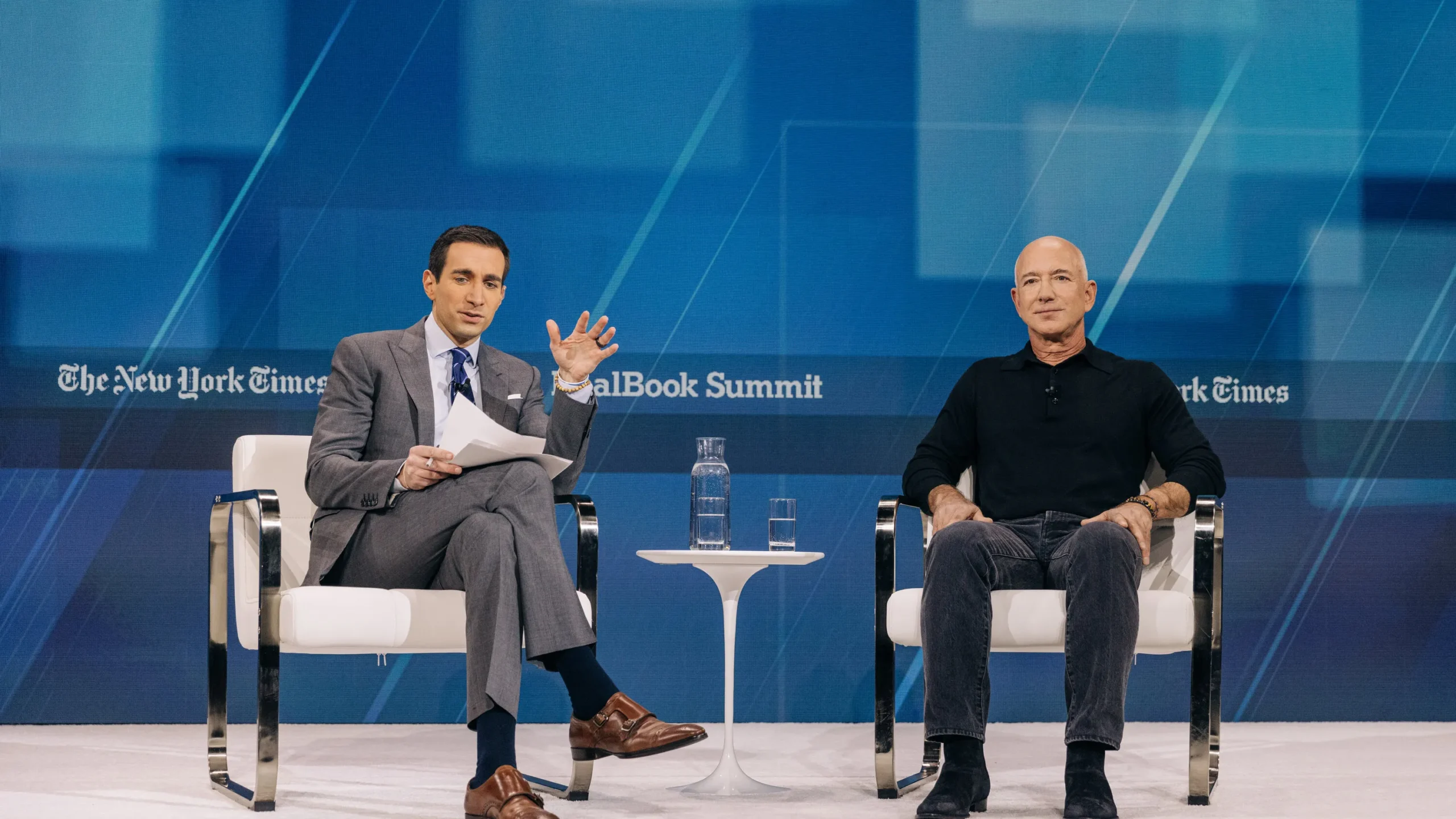Jeff Bezos Faces Backlash: The Shocking Truth Behind the Washington Post Controversy
In a media landscape fraught with tension and scrutiny, Jeff Bezos finds himself at the center of a storm surrounding his ownership of The Washington Post. The billionaire entrepreneur’s media venture has become a lightning rod for criticism, raising profound questions about the intersection of wealth, journalism, and public trust.
Since acquiring the prestigious newspaper for $250 million in October 2013, Bezos has maintained a delicate balance between hands-off ownership and strategic investment. His promise of editorial independence has been repeatedly tested by mounting concerns about potential conflicts of interest and the broader implications of billionaire media ownership.
The controversy stems from multiple complex layers of criticism. Journalists and media watchdogs have raised significant concerns about:
- Potential editorial bias
- The influence of Bezos’s business interests
- The broader impact on journalistic integrity
- The role of wealth in shaping public discourse
Social media platforms have become battlegrounds of heated debate, with users passionately arguing about the newspaper’s reporting and Bezos’s potential influence. Critics argue that The Washington Post’s coverage may be subtly shaped by the economic and political interests of its billionaire owner.
Notably, the newspaper’s journalists have consistently defended their commitment to journalistic principles. “We maintain our editorial independence,” said one senior reporter who wished to remain anonymous. “Our work is guided by facts, not by the personal interests of our owner.”
The controversy extends beyond mere media criticism. It touches on broader societal concerns about the concentration of media power in the hands of billionaires. Bezos, with his immense wealth from Amazon, represents a new breed of media proprietors who can potentially shape public narrative through strategic ownership.
Public opinion polls reveal a deeply divided sentiment. A recent survey showed that approximately 47% of Americans express skepticism about the independence of media outlets owned by billionaires. This statistic underscores the growing unease about the relationship between extreme wealth and information dissemination.
Amazon’s ongoing business practices have further complicated the narrative. The company’s labor conditions, market dominance, and competitive strategies have been under intense scrutiny, creating an additional layer of complexity to Bezos’s media ownership.
Interestingly, supporters of Bezos point to his philanthropic efforts, such as the Bezos Day One Fund, as evidence of his commitment to social issues. They argue that his media ownership should be viewed through a more nuanced lens that considers his broader societal contributions.
Media experts suggest that this controversy represents a pivotal moment in modern journalism. The traditional boundaries between business, media, and personal influence are becoming increasingly blurred, challenging long-standing notions of editorial independence.
The Washington Post continues to be a significant player in American journalism, maintaining its reputation for in-depth reporting and investigative journalism. However, the ongoing debate about Bezos’s ownership serves as a critical reminder of the delicate balance required to maintain public trust in media institutions.
As the controversy unfolds, one thing remains clear: the relationship between wealth, media, and public discourse is more complex and contentious than ever before. Jeff Bezos and The Washington Post find themselves at the epicenter of a crucial conversation about the future of journalism in the 21st century.
Disclaimer: This article represents an analysis of current public discourse and should not be considered a definitive judgment on the matters discussed.






Leave a Comment